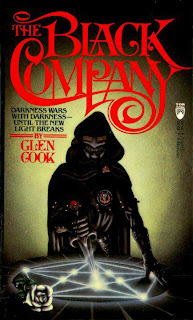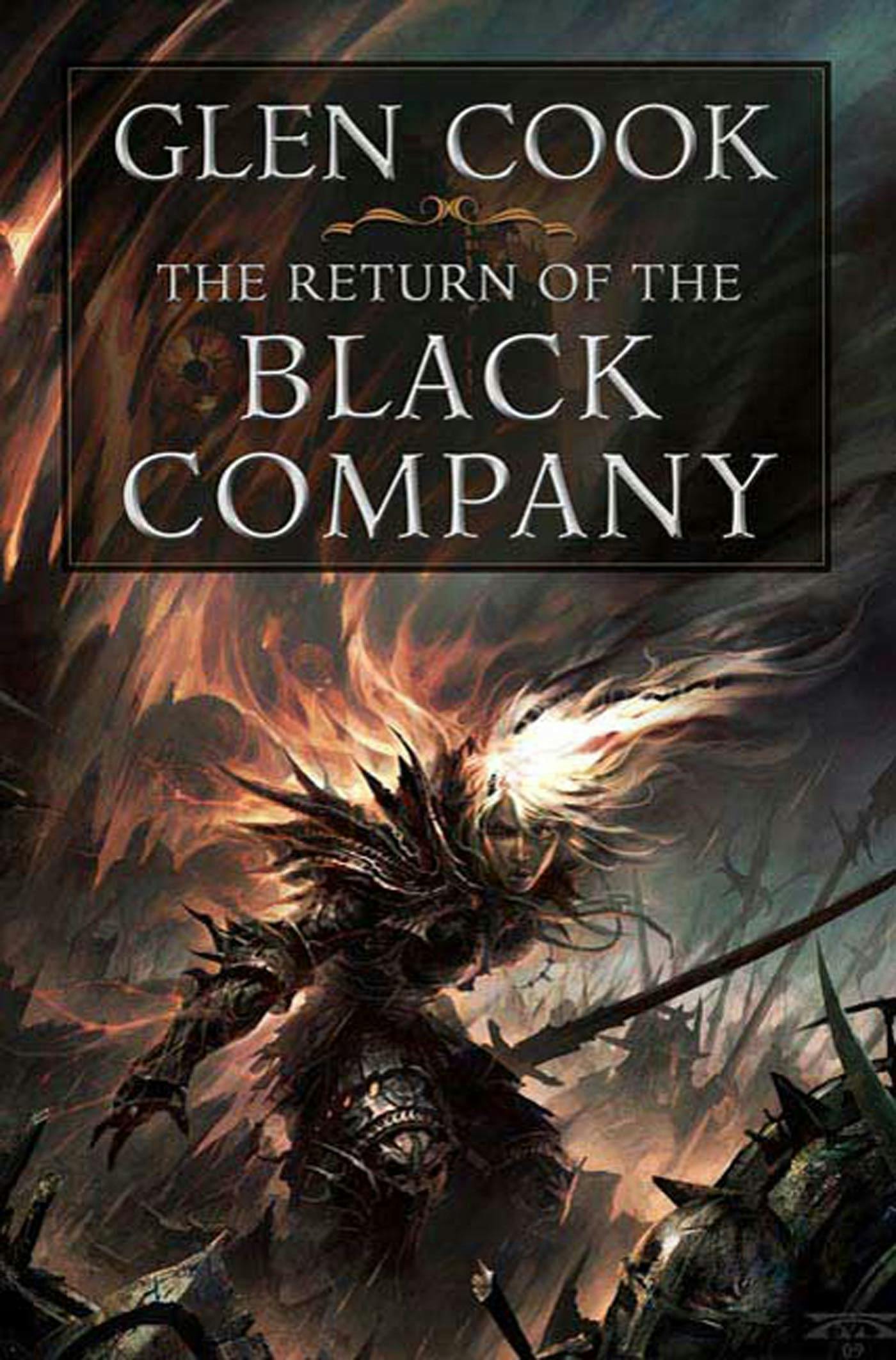


She also builds, creating a wide governmental apparatus and bureaucracy that secures order (a wonderful public good) and peace in the region. Most notably, she has bound to her will twelve powerful sorcerers, called the "Taken" (many who had been bound to her husband, the Dominator), and has a cruel means of binding others to her will, if it suits her purpose. The Lady has no compunction about using her many resources to exert total control over her empire. Take, for instance, The Lady, the central force of the evil empire in the north. For the 1980s, however this was revolutionary. And it allows for the author to explore a more complicated morality that has become commonplace in modern-day dark fantasy.

This focus on power subverts a major trope among fantasy authors, many of whom remained wedded to overarching battles between light and darkness. There is only power: those who have it versus those who do not. And it is this violence that convinces Croaker, the Black Company's physician and Annalist, that there is no good or evil in the world. Instead, it is the violence of Homer or the Eddas, where the deaths, the struggles, the burnings, beheadings, and overwhelming brutality are lenses through which the author explores the issues of morality, virtue, and duty in human nature. But this violence is no mere splatterporn.

The world, granted, is extraordinarily violent, with much of the northern continent embroiled in a violent uprising pitting the forces of "good" (epitomized by the League of the White Rose) against the forces of "evil." But the reader soon learns that most who support the League of the White Rose are no less prone to violence, murder, and sacrifice in the name of their broader cause. But there is no hint of grimdark for shock value it is grimdark done right in every respect. The Black Company is gritty fantasy at its grittiest.


 0 kommentar(er)
0 kommentar(er)
